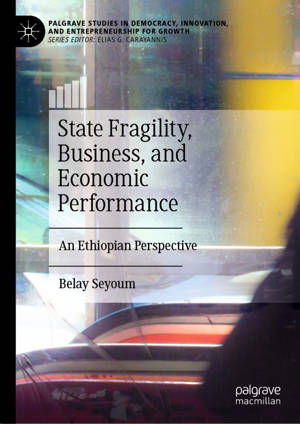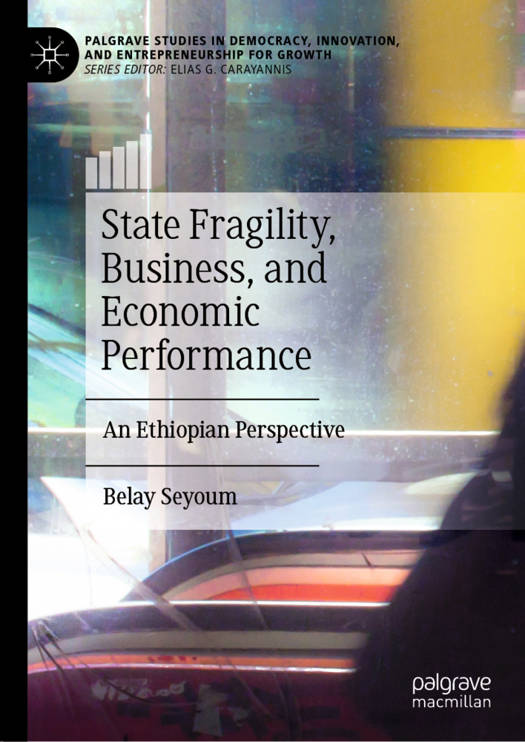
- Retrait gratuit dans votre magasin Club
- 7.000.000 titres dans notre catalogue
- Payer en toute sécurité
- Toujours un magasin près de chez vous
- Retrait gratuit dans votre magasin Club
- 7.000.000 titres dans notre catalogue
- Payer en toute sécurité
- Toujours un magasin près de chez vous
147,95 €
+ 295 points
Description
The growing number of states with weak capacity to carry out basic governance functions is leading to unacceptable levels of human suffering. Using Ethiopia as a case study, this book acknowledges the multidimensional nature of state fragility and highlights the non-political factors that drive it.
The first part uses institutional theory to explore how weak institutions become a source of state fragility by undermining social cohesion and the broader economic progress of countries. Part two examines the role of entrepreneurship and industrial policy as a means of creating and sustaining economic and political stability, trade policy as a means of increasing incomes and easing tensions, and technology policy as a means of engaging people in entrepreneurship and innovation. The final chapter provides lessons that fragile nations can learn from successful developing countries in Southeast Asia and Latin America.This book will appeal to researchers interested in international business, economic and business policy, international trade, and emerging markets who seek to understand how fragile states can promote sustainable peace and development.
Spécifications
Parties prenantes
- Auteur(s) :
- Editeur:
Contenu
- Nombre de pages :
- 465
- Langue:
- Anglais
- Collection :
Caractéristiques
- EAN:
- 9783031447754
- Date de parution :
- 03-01-24
- Format:
- Livre relié
- Format numérique:
- Genaaid
- Dimensions :
- 148 mm x 210 mm
- Poids :
- 721 g







